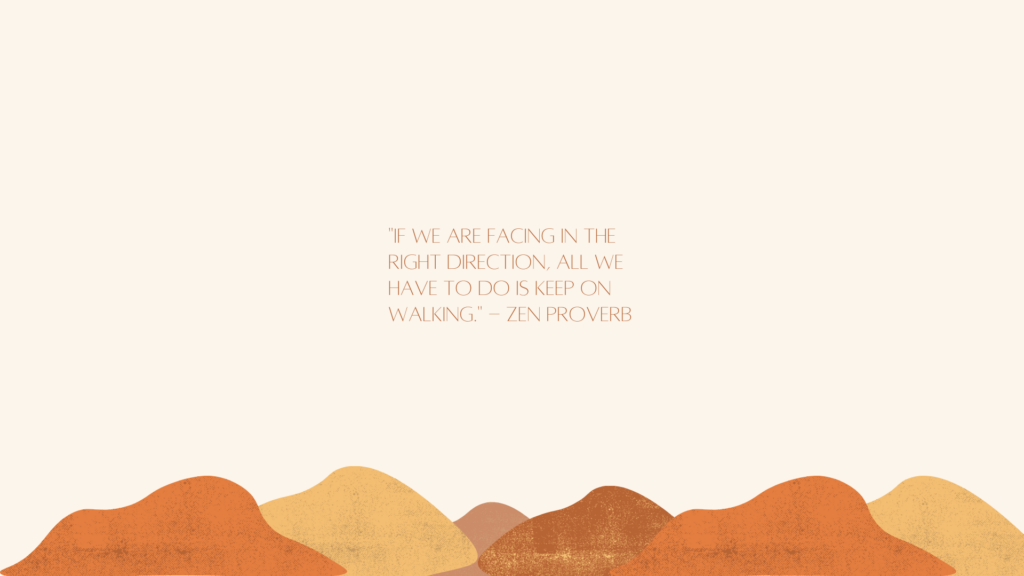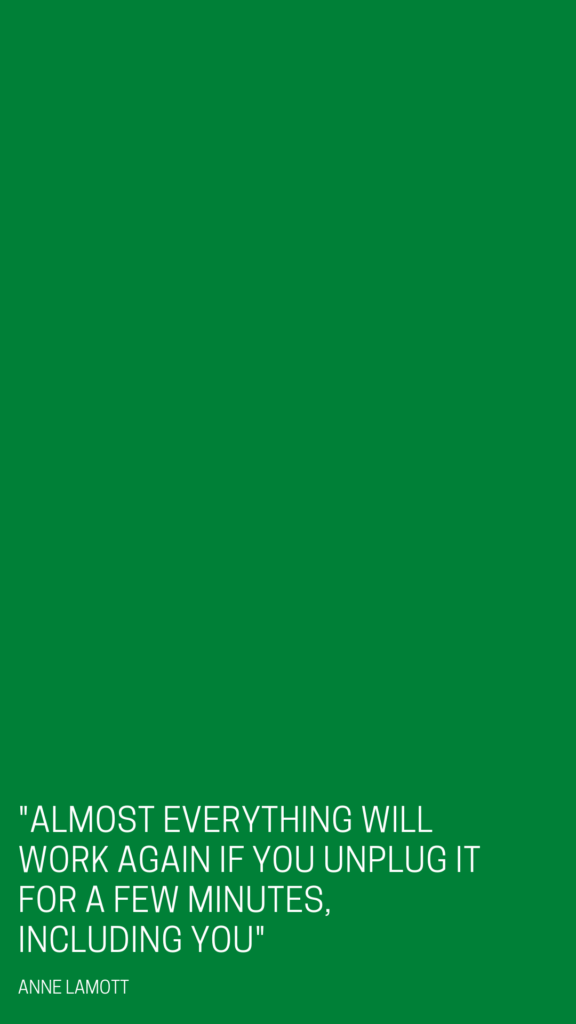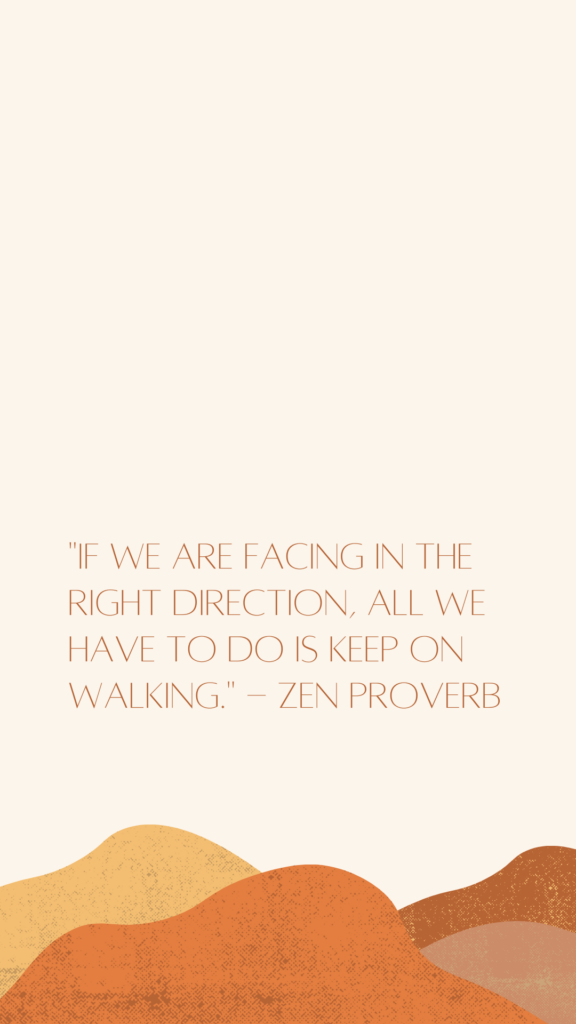(Click to view)
Diaries & Planners

To-Do List
Utilising a to-do list is a great way to take all the information you’re trying to balance and give it some order, and does the remembering for you so your brain doesn’t become overloaded with information, which causes stress and anxiety.
List your tasks in the left-hand column, andthen the time each task will take. The final total of the combined task time at the bottom of the list should give you an idea of whether the task list is realistic for the day, and helps with prioritisation and structure.
The below is of my own design and free to download.
Year Compass
For many, New Year’s resolutions will come and go, despite the best of intentions. The fabulous Year Compass Year Planner is a free-to-download year planner, asking searching and reflective questions about the year prior, and helps categorise and organise the year ahead.
You can read more about Year Compass in this post on Medium, and follow them on Twitter @YearCompass or on Instagram @YearCompass
Getting Help
ADHD UK – Website including Adult ADHD Self Screening Tool
Adult Children of Alcoholics (ACA) – UK Website
Alcoholics Anonymous (AA) – UK Website.
Support groups throughout the country and across the world, 365 days a year.
Al-Anon (for families and friends of alcoholics) – UK Website
Cocaine Anonymous (CA) – UK Website
Co-Dependents Anonymous (CoDA) – UK Website
Food Addicts Anonymous (FAA) – Website
Gamblers Anonymous (GA) – UK Website
Narcotics Anonymous (NA) – UK Website
Overeaters Anonymous (OA) – UK Website
Sex and Love Addicts Anonymous (SLAA) – UK Website




